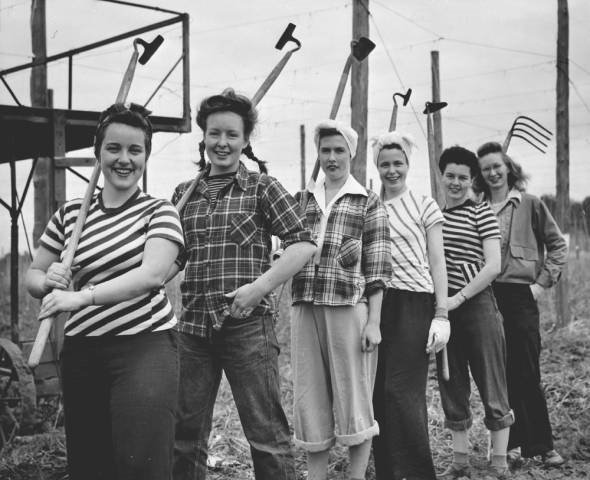I won't even pretend to have read the book Richard Cox reviews in his 5/14 post "The Demise of Our Cultural Rights (and Cultural Heritage?)"-- really, it's been 2 months since I've even posted on this blog and I admit that I haven't been scanning pages during that time... But that's what I love about the Cox blog: it's like the New York Times Book Review.
Anyway, time is short and a beautiful Sunday morning awaits the arrival of me on my bike.
Cox reviews Bill Ivey's book Arts, Inc.: How Greed and Neglect Have Destroyed Our Cultural Rights, which looks at the impact of the corporatization of our cultural heritage. I'm sure Ivey has a lot to say about other things, but my brain latched on to something Cox discusses. To quote them both:
"Early on, Ivey notes that 'early archives' were often 'labors of love created by devoted fans of history and art' but now 'it’s business' (p. 35)... archives are maintained by 'low-level employees' unaware of the importance of what they have in their custody (p. 41)."
As someone who has taken a keen interest, at times, in both minimal processing and opening up descriptive practices to users (the "tag our finding aid" phenomenon), I was struck by these statements. Again, no need or time for a dissertation length post, but what does it mean when the business mentality creeps into our professional psyche? In many ways and many times, I've thought this exactly what exists at the core of the minimal processing push: item-level processing/preservation is "inefficient," need/use should dictate descriptive practices, and customers need to know what we have on our shelves. We want an abstract, not a 30 page article... Speeding through boxes, racking up the stats of "productive" work is a great thing to show the administration. I can see how it sounds quite a bit more impressive to say "we processed 100 cubic feet this quarter" than "we only processed 3 boxes." Ages ago, at the 2006 NWA Conference, I talked about minimal processing from the standpoint of the processor, one who was charged with employing only minimal-level processing for the NWAPI II grant project as part of the NWDA. I quoted Margaret Cross Norton who said that the “difference between a file clerk and an archivist is that the archivist has a sense of perspective," making the point that, as we allow more and more processing at the "file level" (read this to mean "file clerk level"), we lose the very context that sets us apart and defines us professionally. I could wax on long into the day about this, but I'd just like to (re)plant that seed in anyone's mind who still has this blog in their rss feeder...
However, what about the context that is provided by the "real" experts? That would be the users! Who knows these subjects and topics better than those who are a) doing research in our archives, using our materials, and making those marvelous links between our collections, and b) using materials in other repositories, researching and linking the network of archival resources (without telling us what they've found?). What might we learn about our collections, the big "C" in collections that encompasses more than just those things we hold dearly in our own stacks, if we give the users a voice? Do we want to hear what they have to say? Are we turning the control of our "labors of love" over to an even lower class of employee who couldn't possibly understand the importance of what they've found? I write this quite sarcastically...
A final "ponder this" point before the clock ticks by another minute: how can we bring each representative on the archival "continuum" together? Creator, user, archivist, file clerk, administrator-- can we work together?
Happy Sunday everyone.
Sunday, May 18, 2008
Subscribe to:
Posts (Atom)
